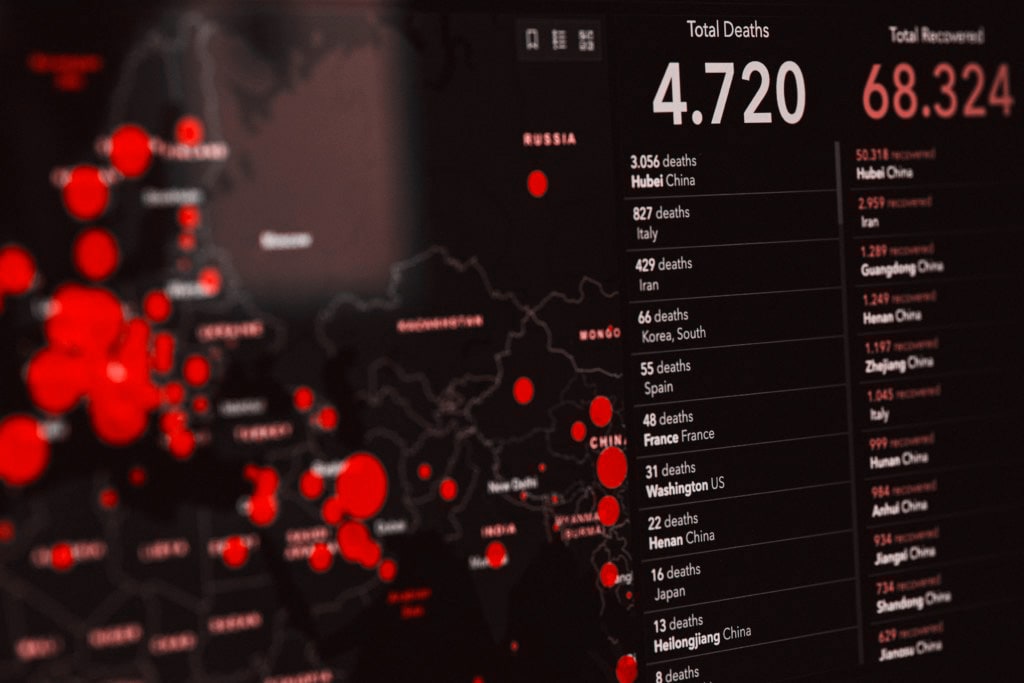COVID-19 Vaccine development: Lessons from the immune response

Several companies and research groups worldwide are developing vaccine candidates to fight COVID-19 pandemics. The natural clearance of the virus by our immune system in the majority of patients with no comorbidities advocates in favor of a successful vaccine. Ideally, an effective vaccine should recapitulate the type of protective immune response elicited by natural infection. Thus, understanding the immune responses triggered by SARS-CoV-2 infections in patients who recovered, can guide the design of improved vaccine candidates and facilitate evaluation of the immunogenicity of vaccine candidates in clinical trials. Furthermore, understanding adaptive immunity in this context will also allow the interpretation of the pathogenesis of the disease and monitor control measures based on the former exposure of individuals to SARS-CoV-2.
In a recent study published by the scientific journal Cell, a team of scientists lead by Shane Crotty and Alessandro Sette from La Jolla Institute (USA) characterized the immune response of 20 non-hospitalized individuals (age 20-66y) who have spontaneously resolved SARS-CoV-2 infection and discovered that all patients had functional SARS-CoV-2-specific CD4+ T cells and CD8+ T cells, immune cells that help clear infection from the body.
This study also reveals that even though a great majority of antibodies targeted the spike protein of the virus, cellular response was dispersed towards several proteins of the virus, such as spike but also M, nsp6, ORF3a, and N. This is of significance, since the SARS-CoV- 2 spike protein is a key component of the vast majority of candidate COVID-19 vaccines under development. Scientists postulate that, even though a vaccine that uses spike protein should be sufficient for triggering an immune response, an optimal vaccine candidate must include a diverse set of antigens to better mimic the natural SARS-CoV-2-specific T cell response observed in a natural coronavirus infections.
Scientists also set out to understand if previous exposure to community coronavirus can elicit cross-reactive immunity of any degree. To this purpose, the same tests were conducted using samples of 20 healthy individuals (age 20-60y) collected between 2015 and 2018 to exclude any possible exposure to SARS-CoV-2. The detection of a low, but significant, number of SARS-CoV-2-reactive CD4+ T cells in 40%–60% of unexposed individuals suggests that indeed pre-exposure to ‘‘common cold’’ coronaviruses can prime the immune system to fight SARS-CoV-2. Whether this immunity is relevant in influencing clinical outcomes is unknown but, based on previous data with SARS mouse models and on what is known for influenza virus (flu), scientists speculate these cross-reactive CD4+ T cells may play an important role in protective immunity.
Regarding a possible enhancement of severity of disease triggered by immunization, a well-known phenomenon observed for dengue virus infections, the scientists are cautious: “it is unknown whether a strong immune responses to SARS-CoV-2 is protective or pathogenic, or whether both scenarios can occur depending on timing, composition, or magnitude of the adaptive immune response”. In this study, however, the predominant immune response in convalescing COVID-19 patients has benign characteristics. Critical (ICU) and fatal COVID-19 (and SARS) outcomes are associated with elevated levels of specific cytokines and chemokines, such as IL-6, which were absent in the tested samples. Clearly more studies are required, but scientists are optimistic with the results. This work demonstrates that natural SARS-CoV-2 infection elicits an immune response with protective characteristics which stresses that “COVID-19 is a strong candidate for rapid vaccine development”.
Contributing Scientist: Hugo Soares
Translation: Hugo Soares and Carolina Figueira
Scientific paper: Targets of T Cell Responses to SARS-CoV-2 Coronavirus in Humans with COVID-19 Disease and Unexposed Individuals
